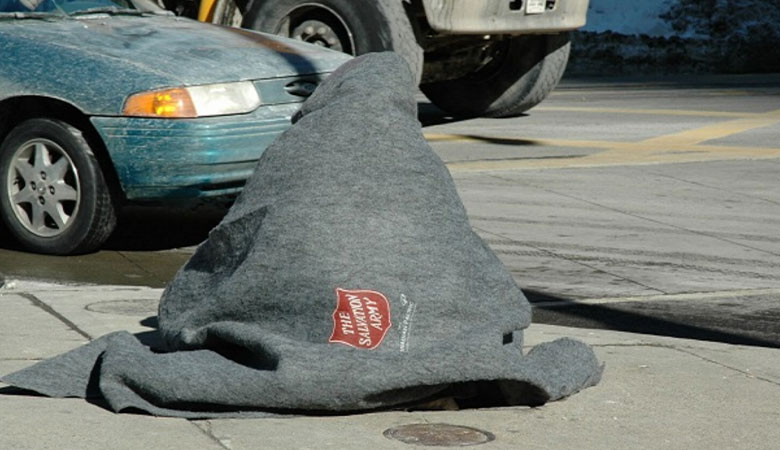The House of Commons Standing Committee on Finance has invited key stakeholders to provide information about the impact of COVID-19 on various people, groups and sectors of the economy.
“The Salvation Army thanks the Finance Committee for the opportunity to contribute to the discussion regarding the impact of COVID-19 on stakeholders in the area of housing and homelessness,” says Major Al Hoeft, who compiled the document.
As the largest non-governmental provider of social services in the country, The Salvation Army operates more than 110 residential homelessness programs and provides over 5,500 shelter, transitional, and supportive housing beds for adults, youth, and families experiencing or at risk of homelessness. In addition, outreach, housing stability supports, and prevention work are offered.
“Access to safe and affordable housing is not just a COVID-19 priority.”
As it relates to COVID-19, and in many communities across the country, The Salvation Army is playing an integral role in the expansion of services to homeless populations. For example, in Fort McMurray, Alta., and Hamilton, Ont., The Salvation Army is an active participant in the isolation plans for these communities.
“Those without housing are exponentially more vulnerable, unable to protect themselves,” says Hoeft. “As the pandemic forces communities to find housing and isolation space, we hope that solutions are found not just in the short-term—for the length of the pandemic—but after that. Access to safe and affordable housing is not just a COVID-19 priority.”
For the complete report, click here.








Leave a Comment